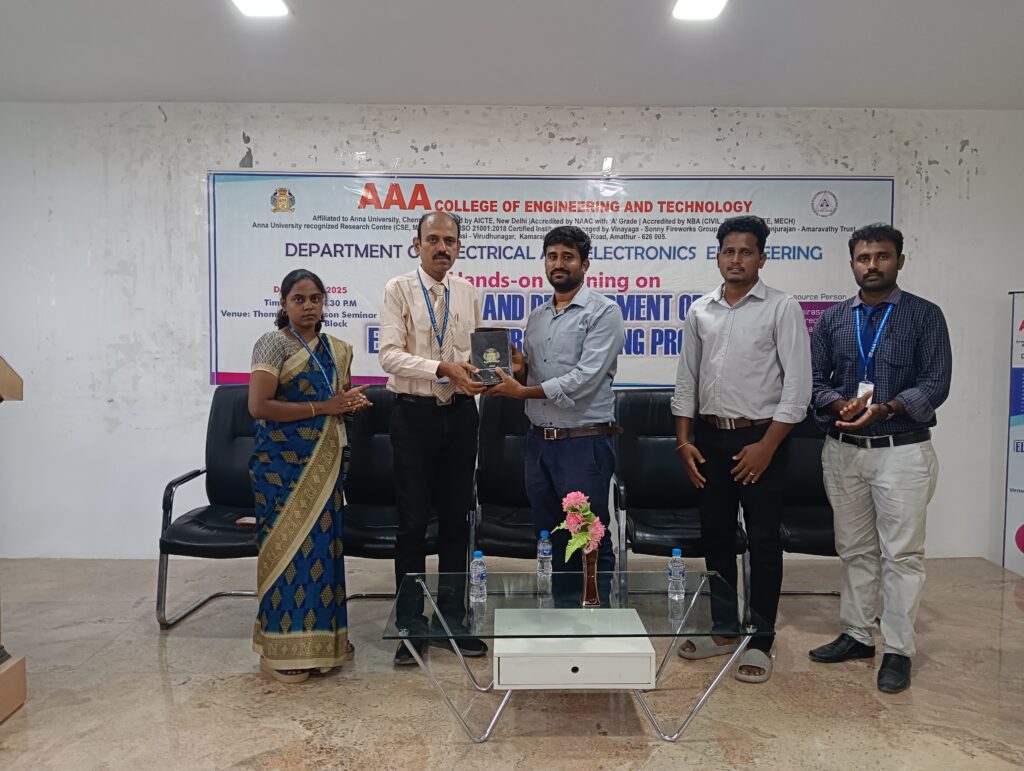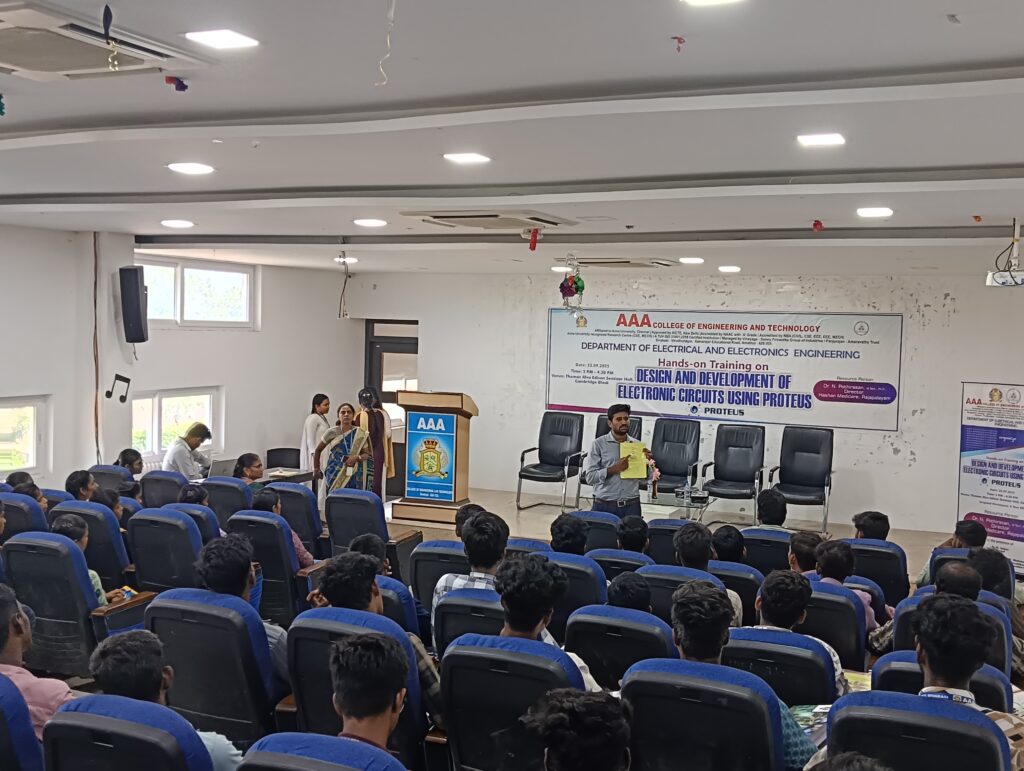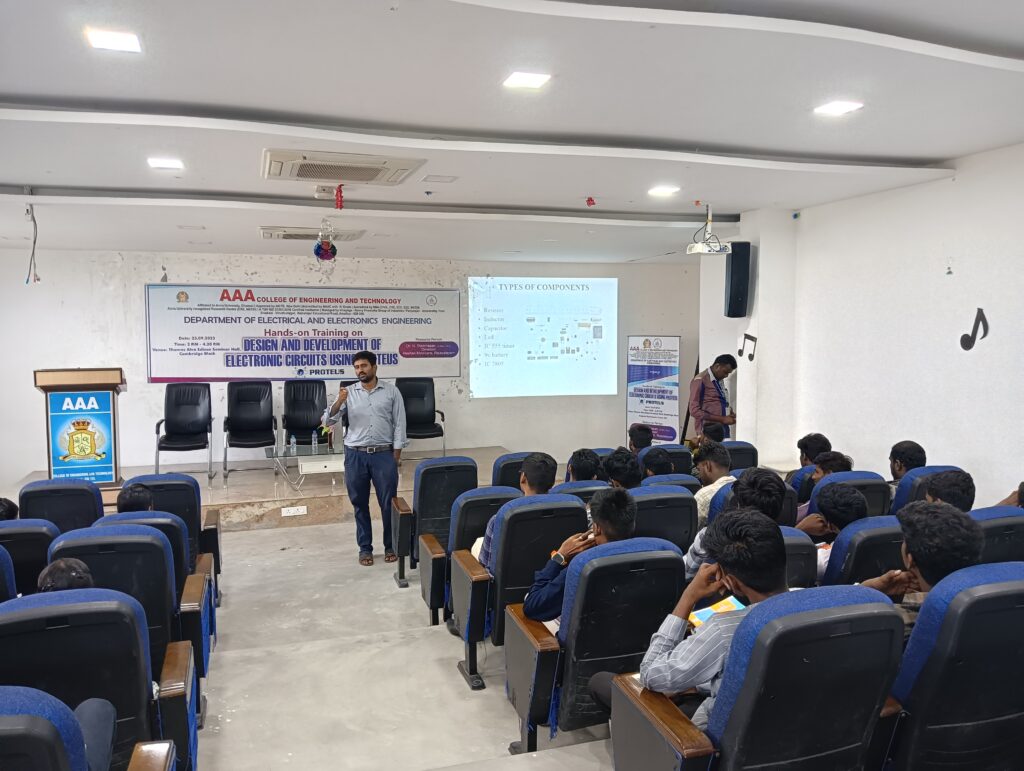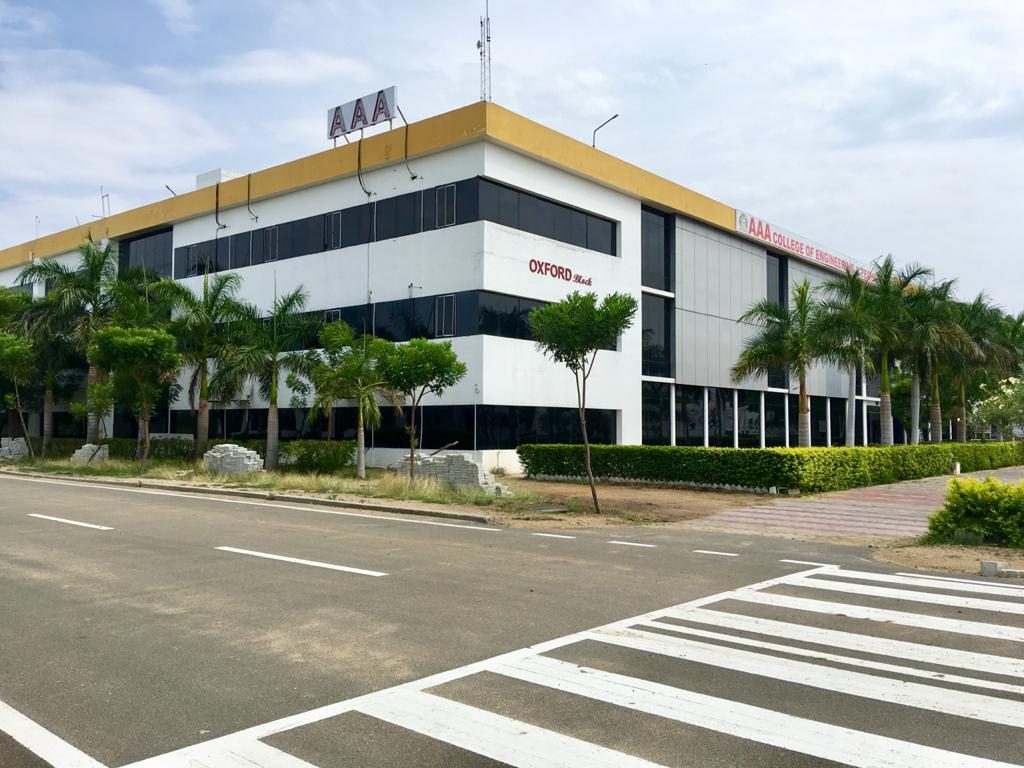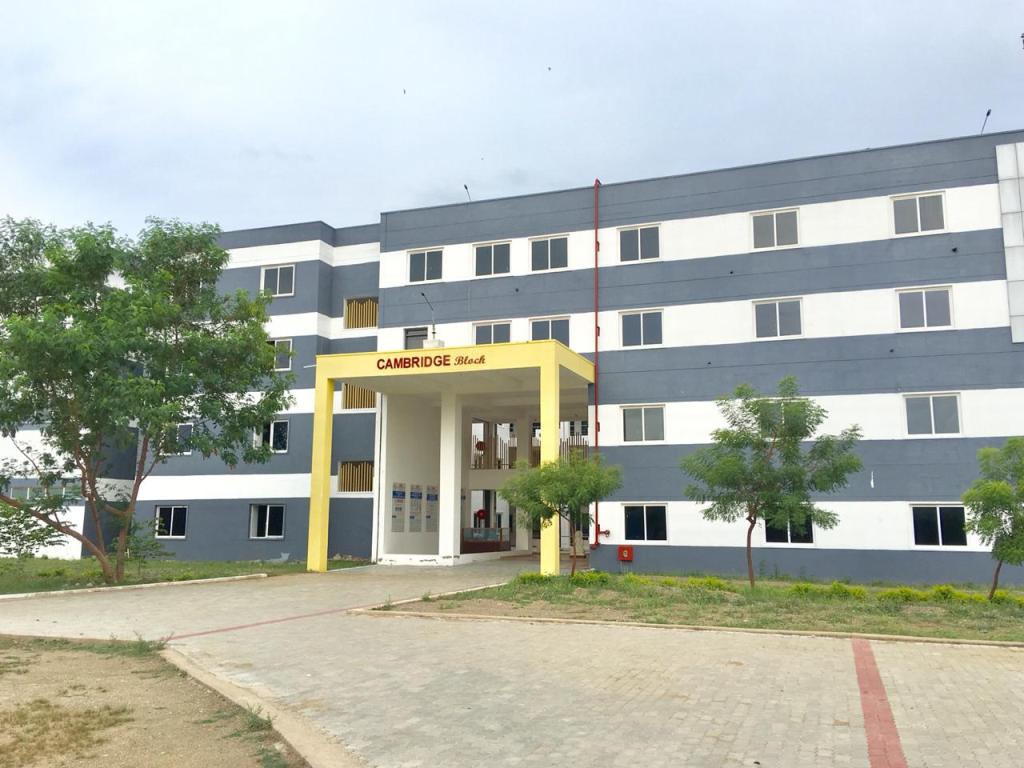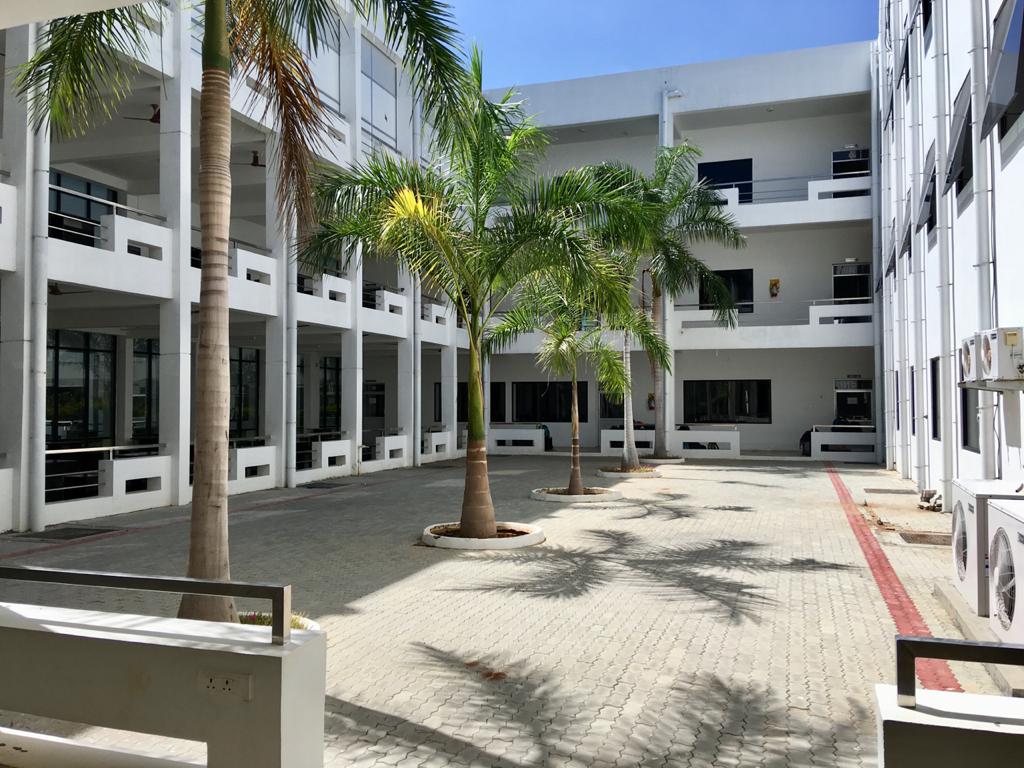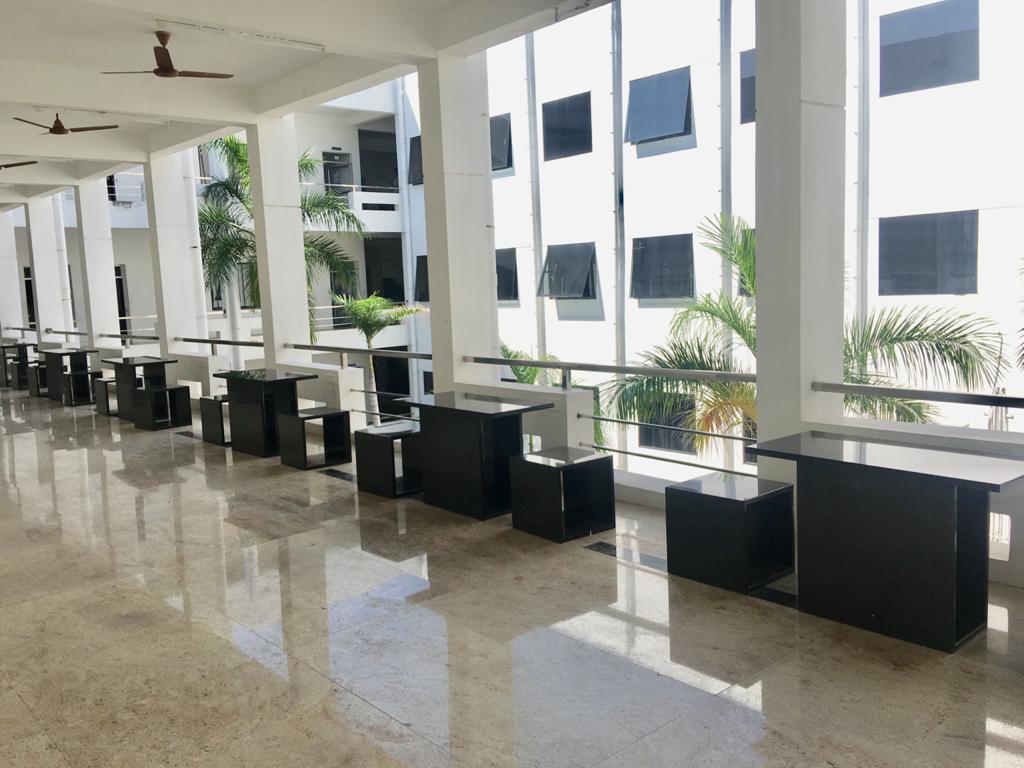The Department of Electrical and Electronics Engineering organized a hands-on training programme on “Design and Development of Electronic Circuits Using Proteus Software” exclusively for II year students. The primary aim of this programme was to provide practical exposure to circuit simulation, thereby bridging the gap between classroom learning and real-time application. The event began with a formal inauguration, followed by a keynote introduction of the invited expert, Dr. N. Pothirasan, an eminent academician, researcher, and innovator in the field of Embedded Systems, IoT, and Power Electronics. He has a strong academic background, multiple funded research projects under DST, Government of India, and has published in reputed international journals. His achievements and contributions set a strong motivational tone for the students. During the session, the expert provided an in-depth overview of the Proteus simulation environment, demonstrating how to design, test, and troubleshoot electronic circuits virtually. Students were introduced to schematic diagram creation, component selection, and circuit execution processes with live examples.
The training emphasized the importance of simulation tools in reducing time, cost, and hardware-related errors before practical implementation. Dr. Pothirasan guided the students step by step, ensuring that even beginners could follow and perform the exercises effectively. The interactive approach encouraged active student participation, and many students clarified their doubts related to circuit design. Real-world applications and case studies of Proteus software were also highlighted, showcasing how industries and research labs rely on such tools for innovation and product development. Furthermore, the expert shared his own experiences in guiding over 200 student projects and developing industrial prototypes, inspiring the participants to take up innovative project ideas.
The session was not only technically enriching but also motivational, as it instilled confidence among students to handle complex simulations independently. By the end of the programme, students had gained hands-on experience in designing simple to moderately complex circuits and analyzing their performance in a virtual environment. The workshop created a strong foundation for their upcoming laboratory experiments, academic projects, and internships. Students expressed their appreciation for the clarity and depth with which the resource person explained the concepts. Faculty members also acknowledged the session as highly beneficial in improving the technical competency of students. Overall, the event was a grand success, fulfilling its objective of blending theoretical knowledge with practical application, while providing a platform for skill development in modern engineering practices. The department conveyed its gratitude to the management, faculty, and the expert speaker for their support in making the programme highly impactful.
